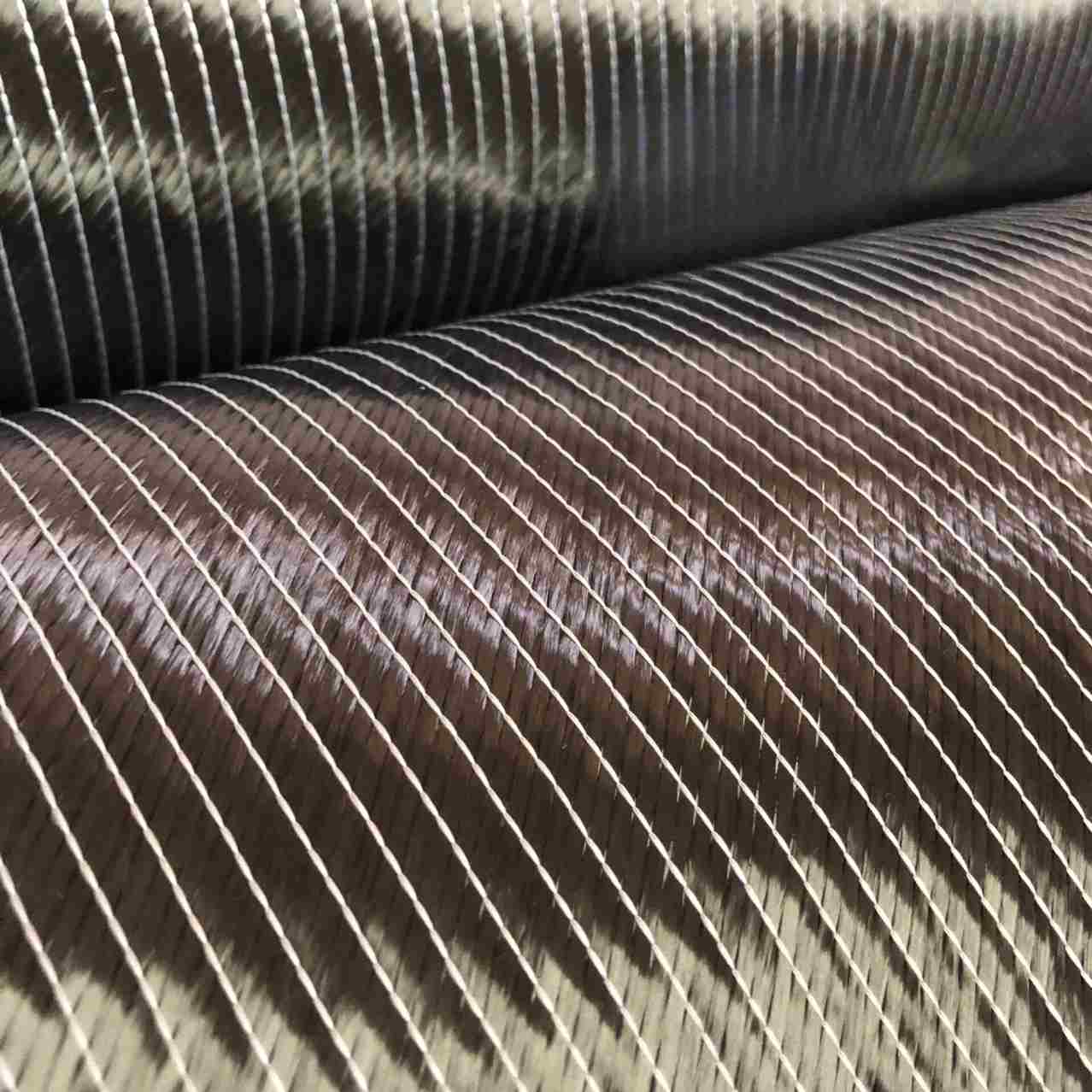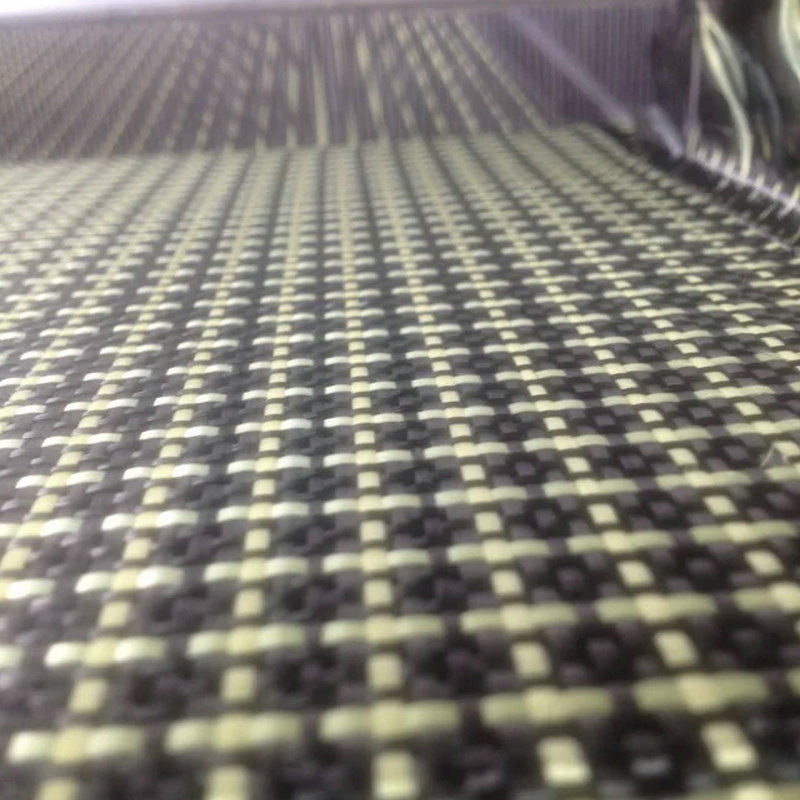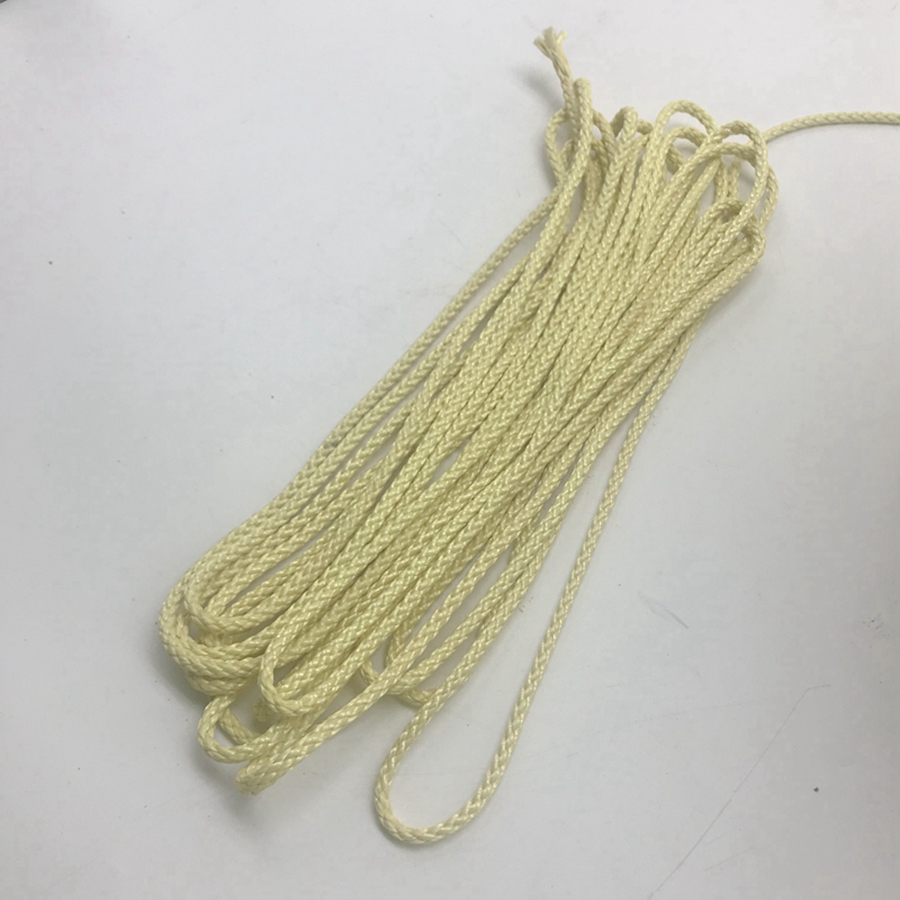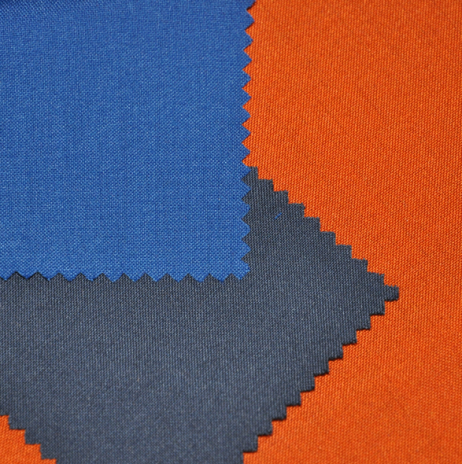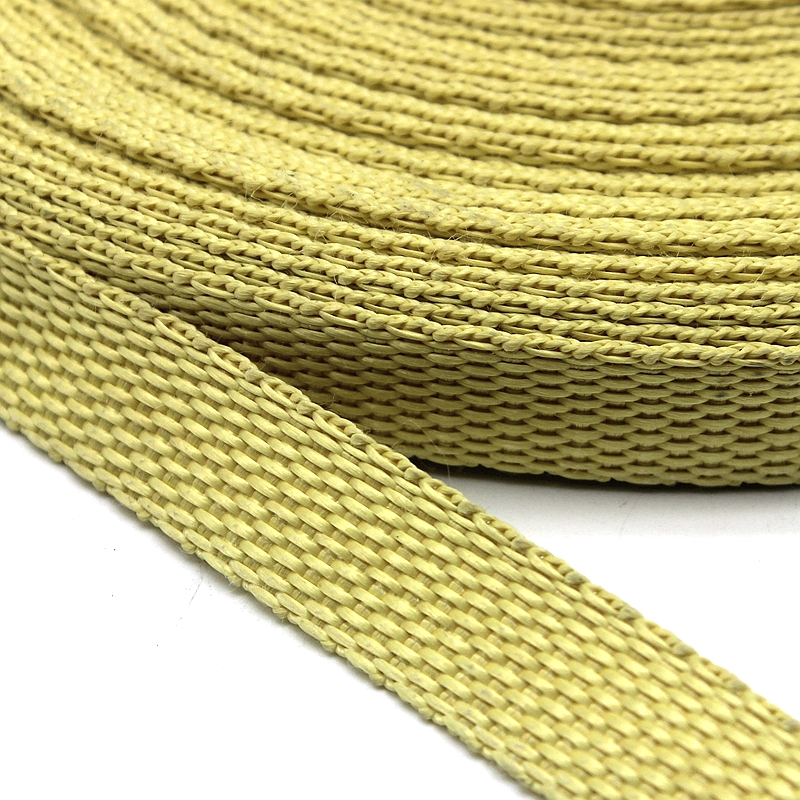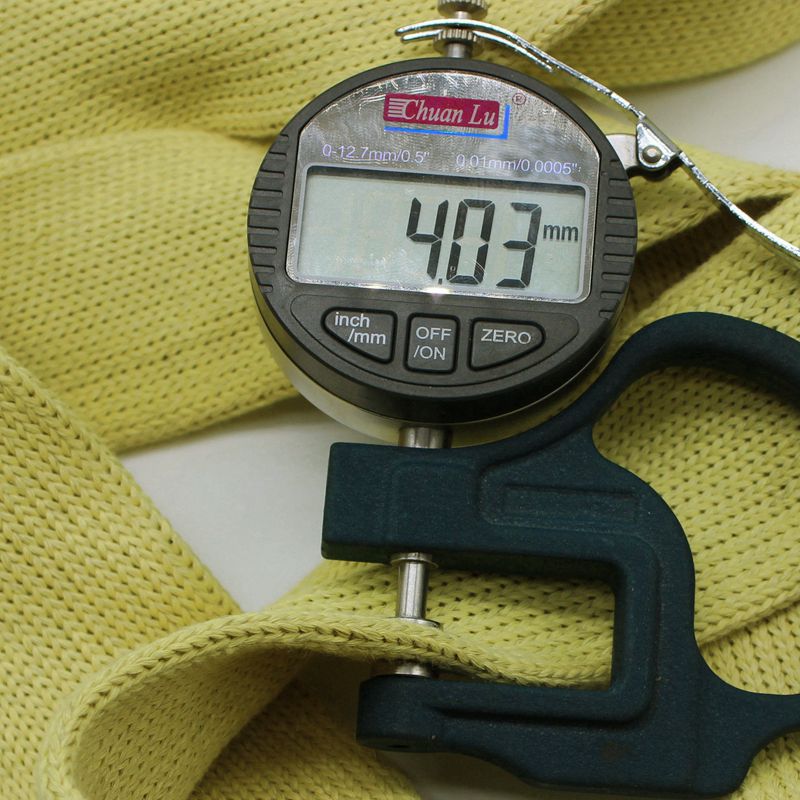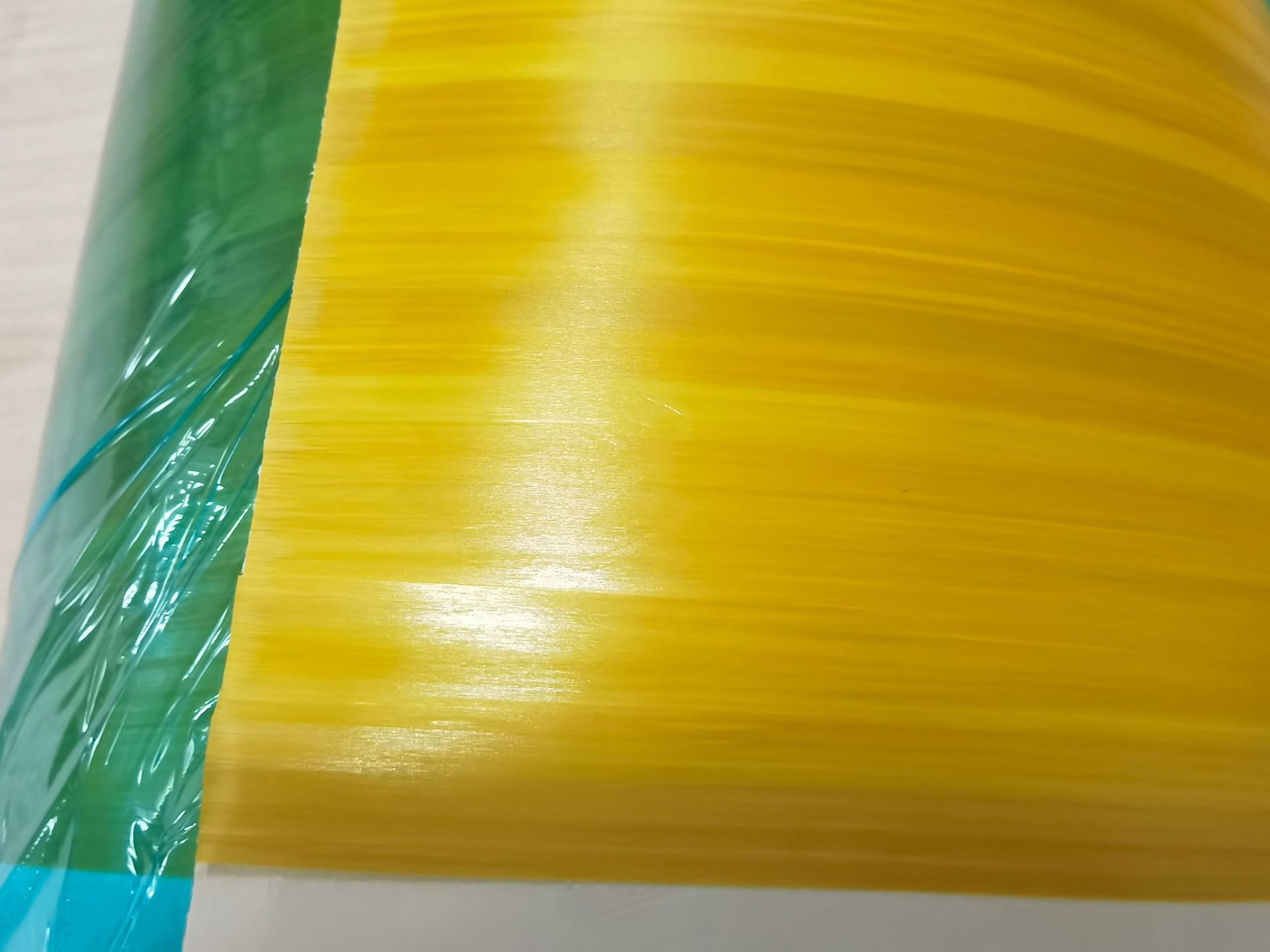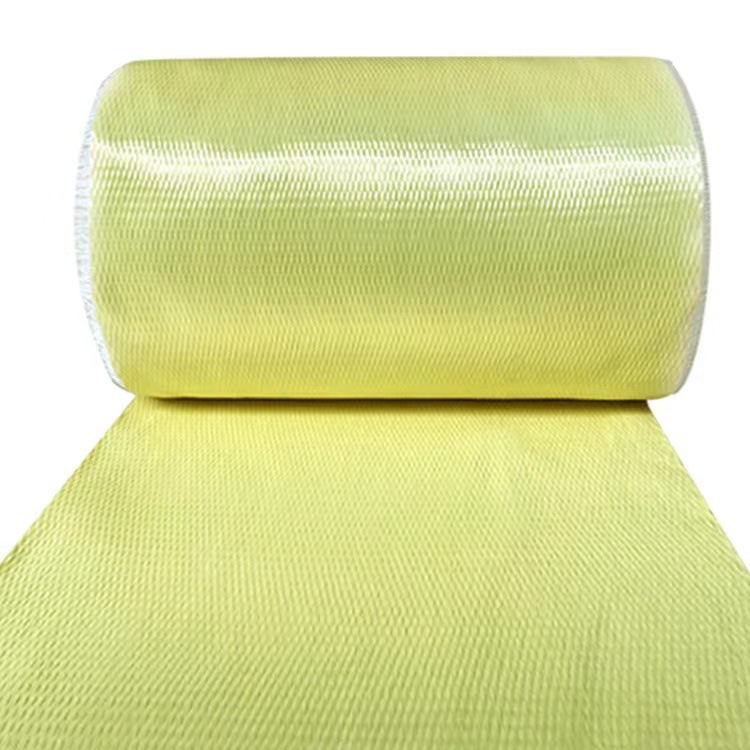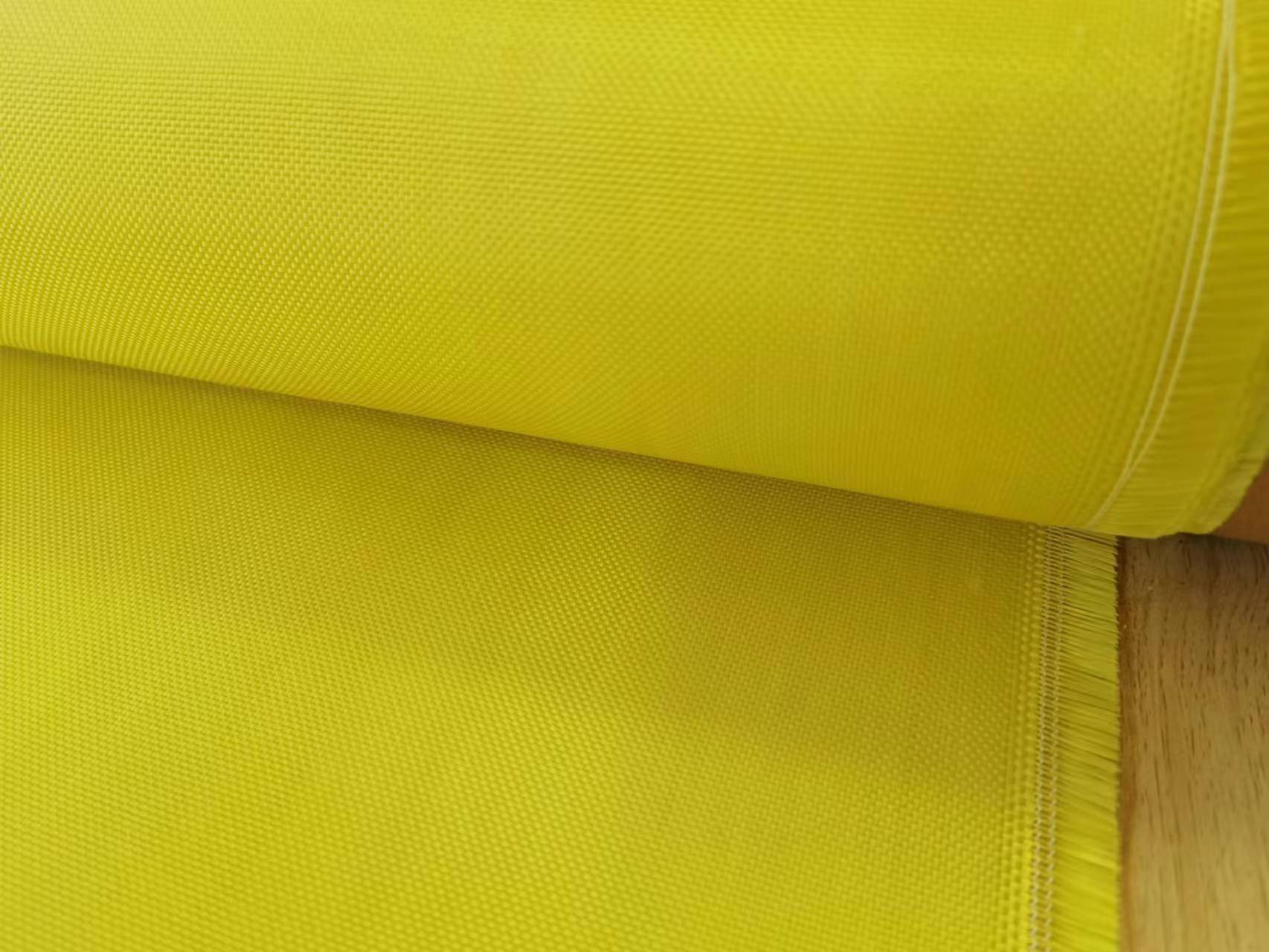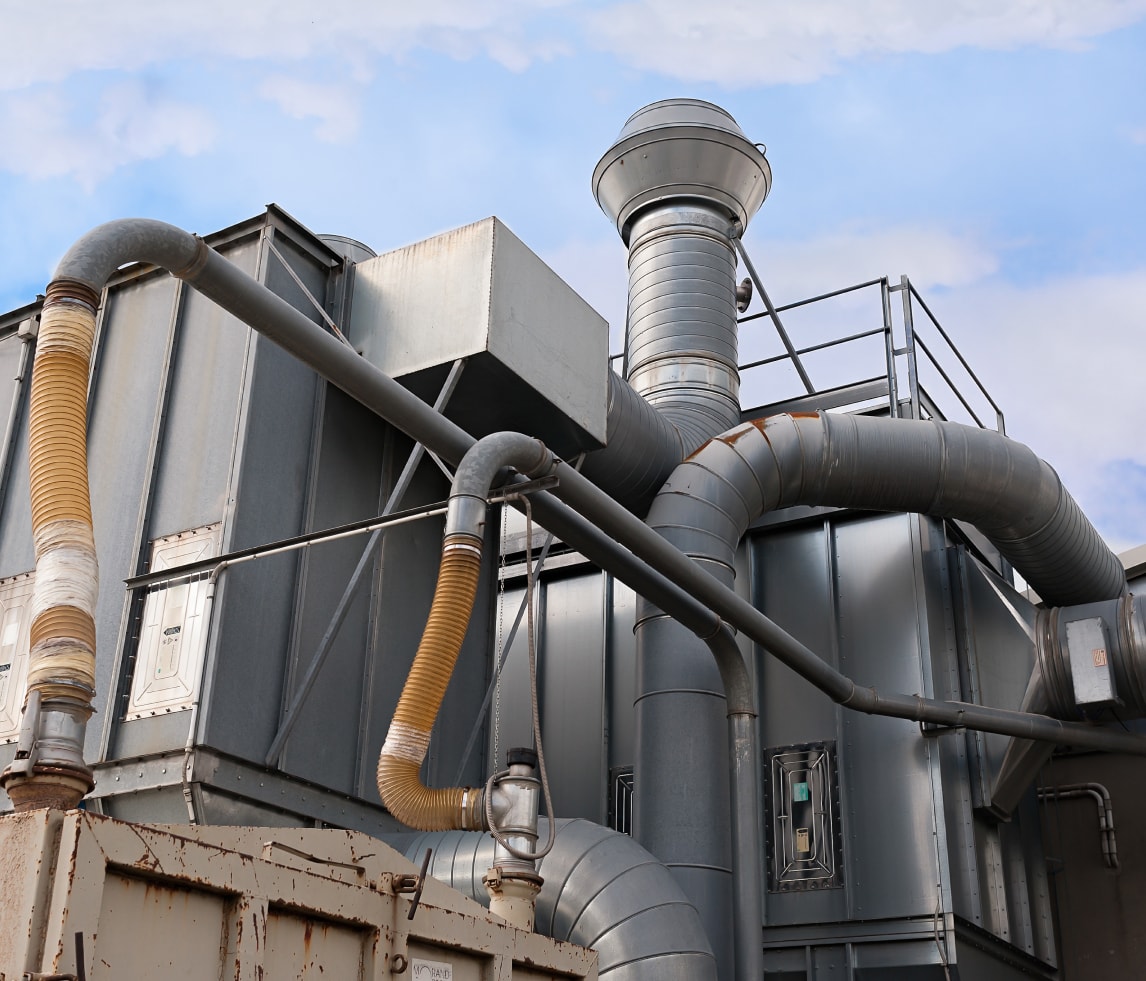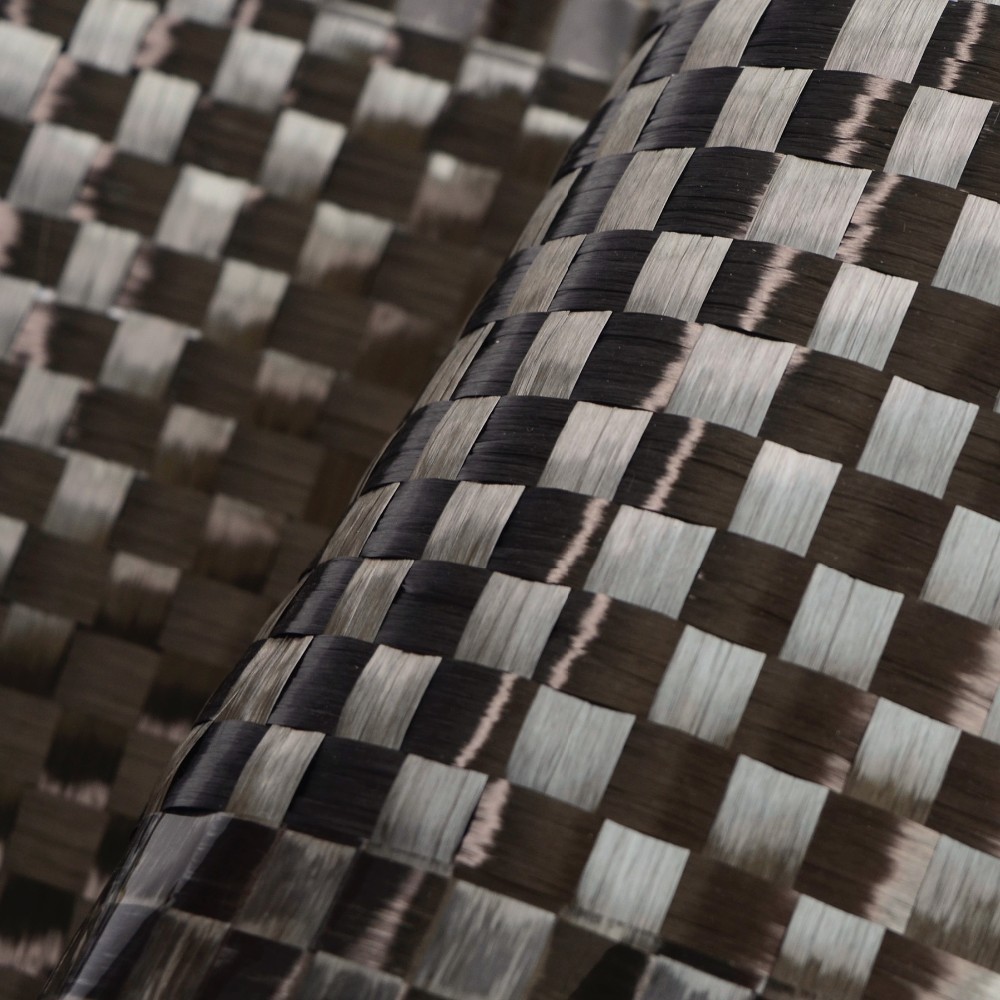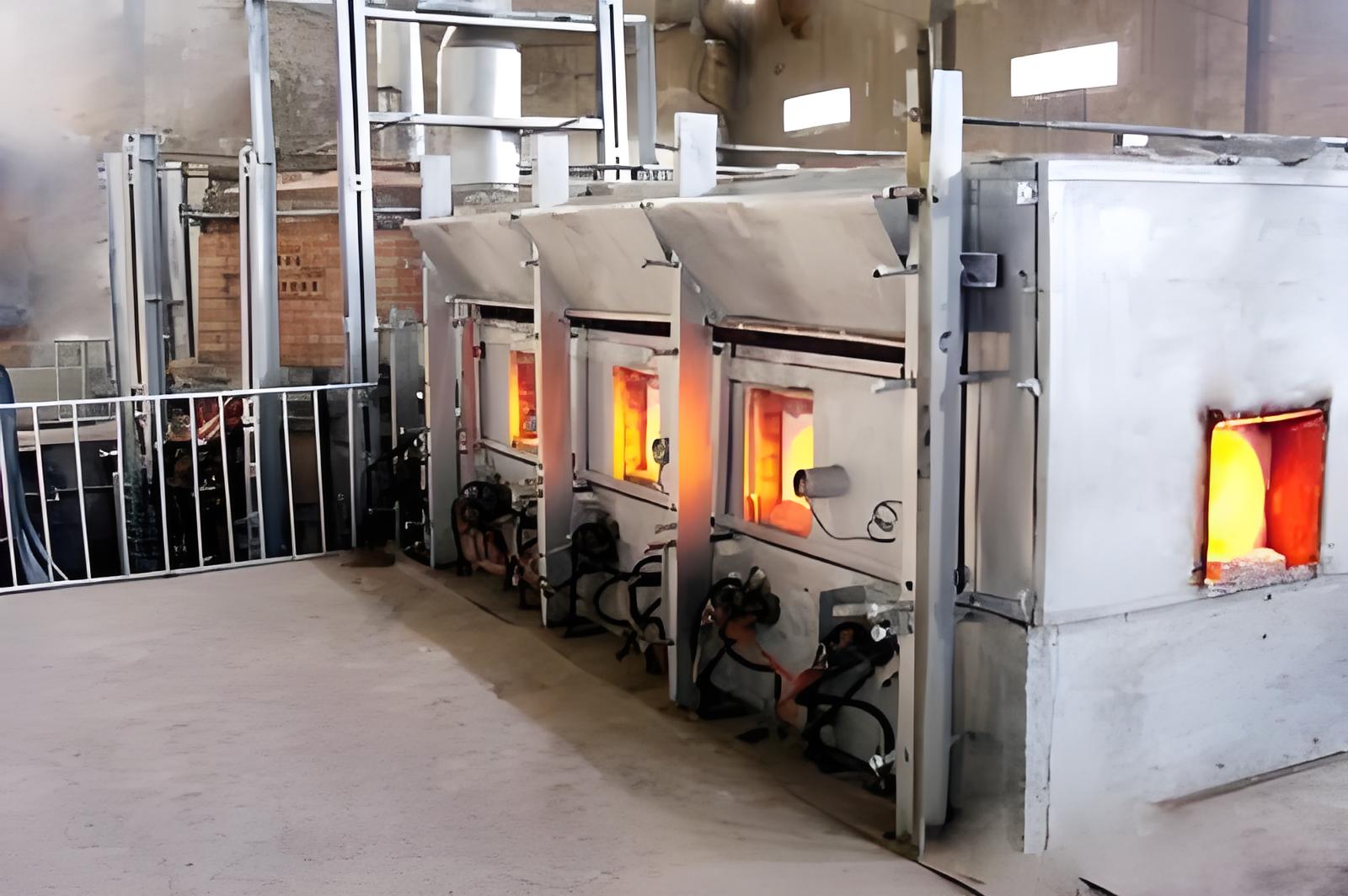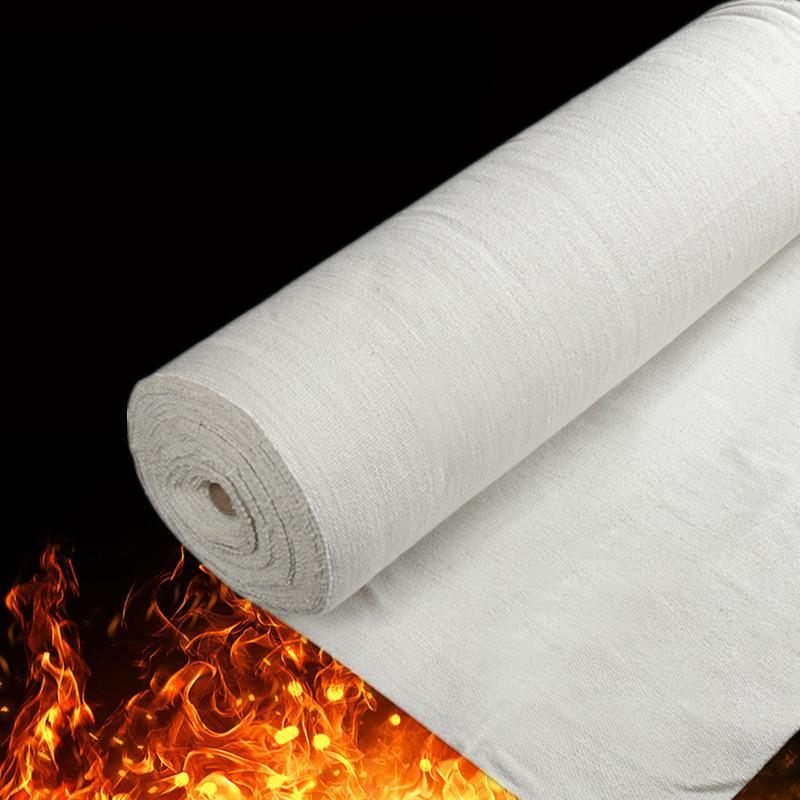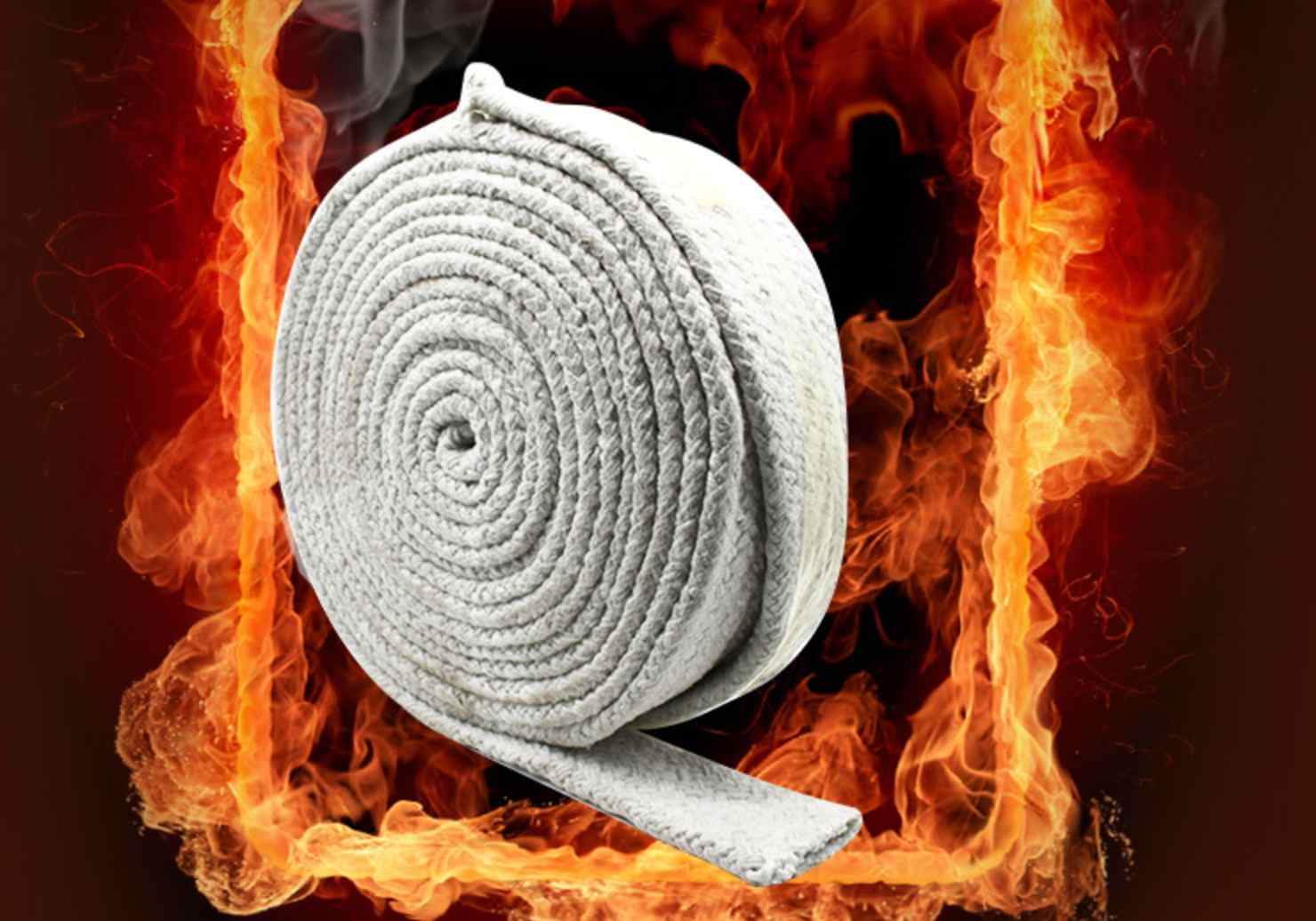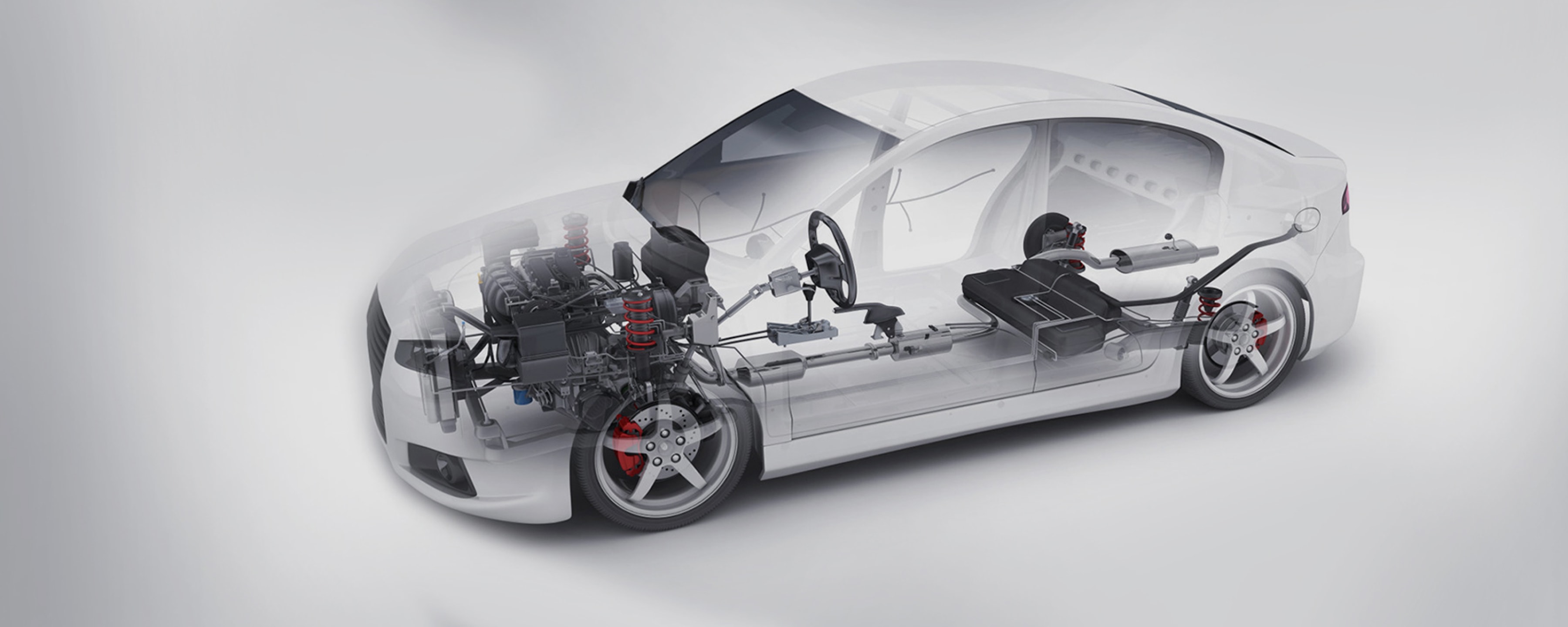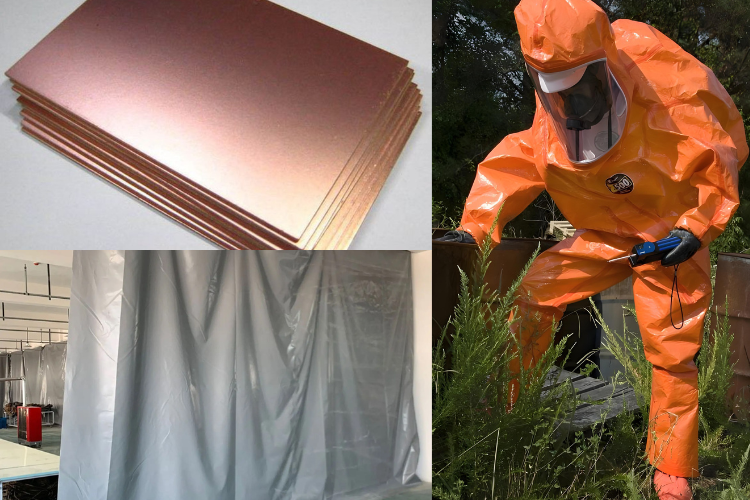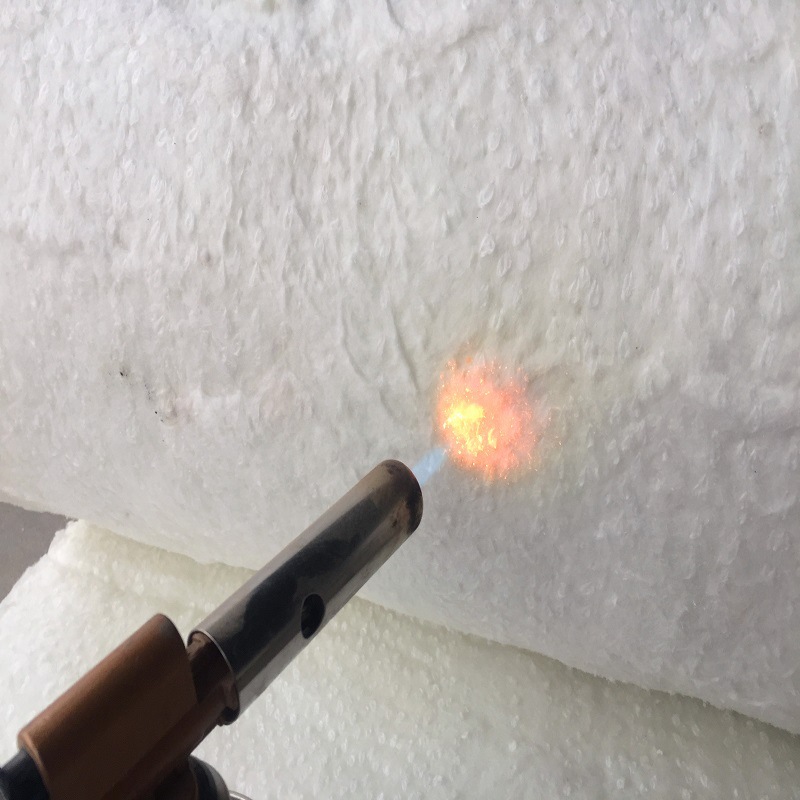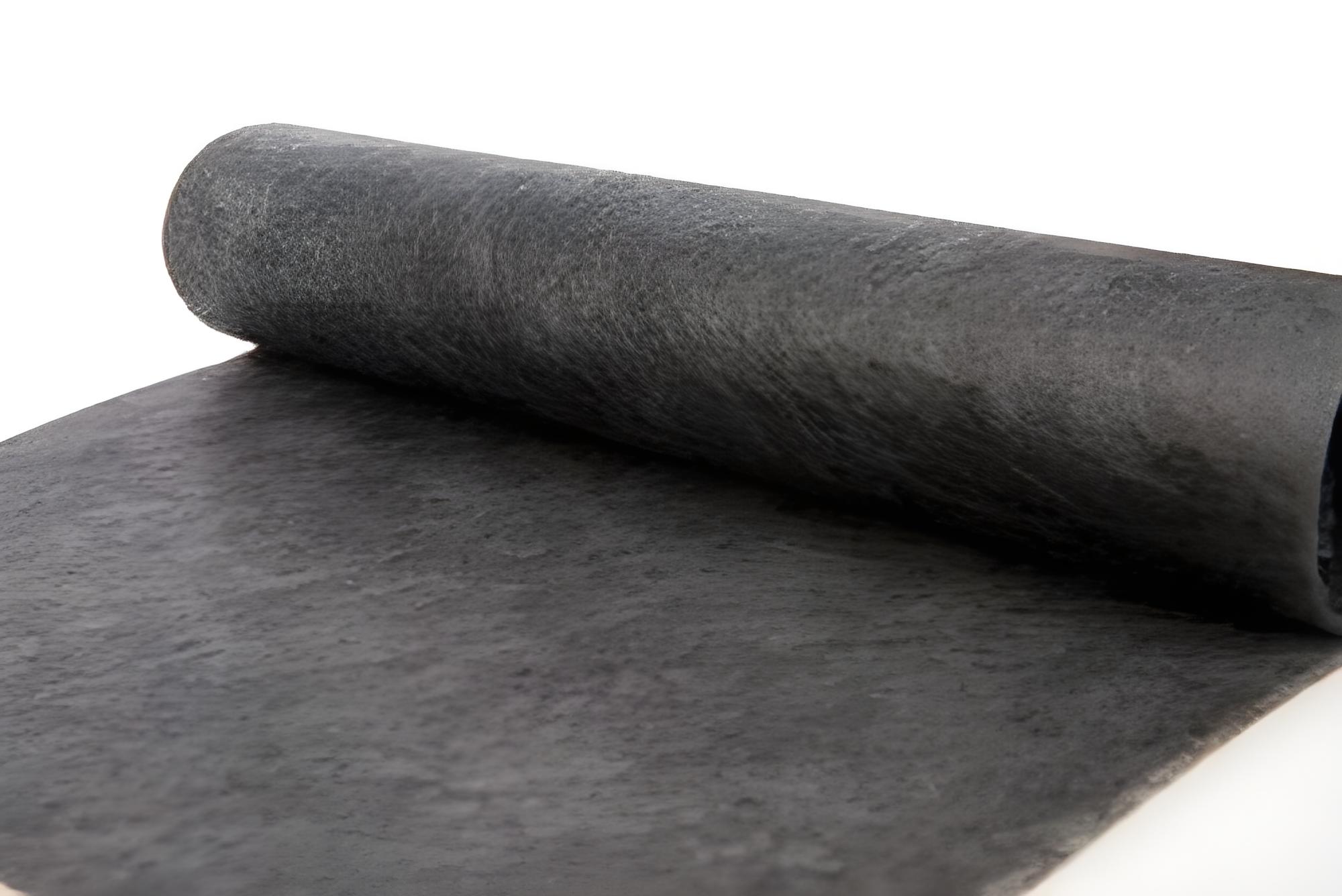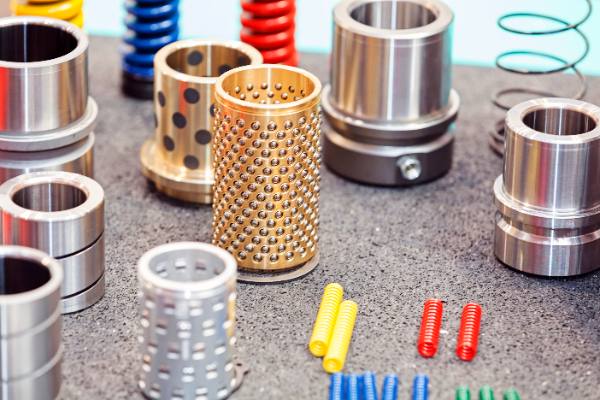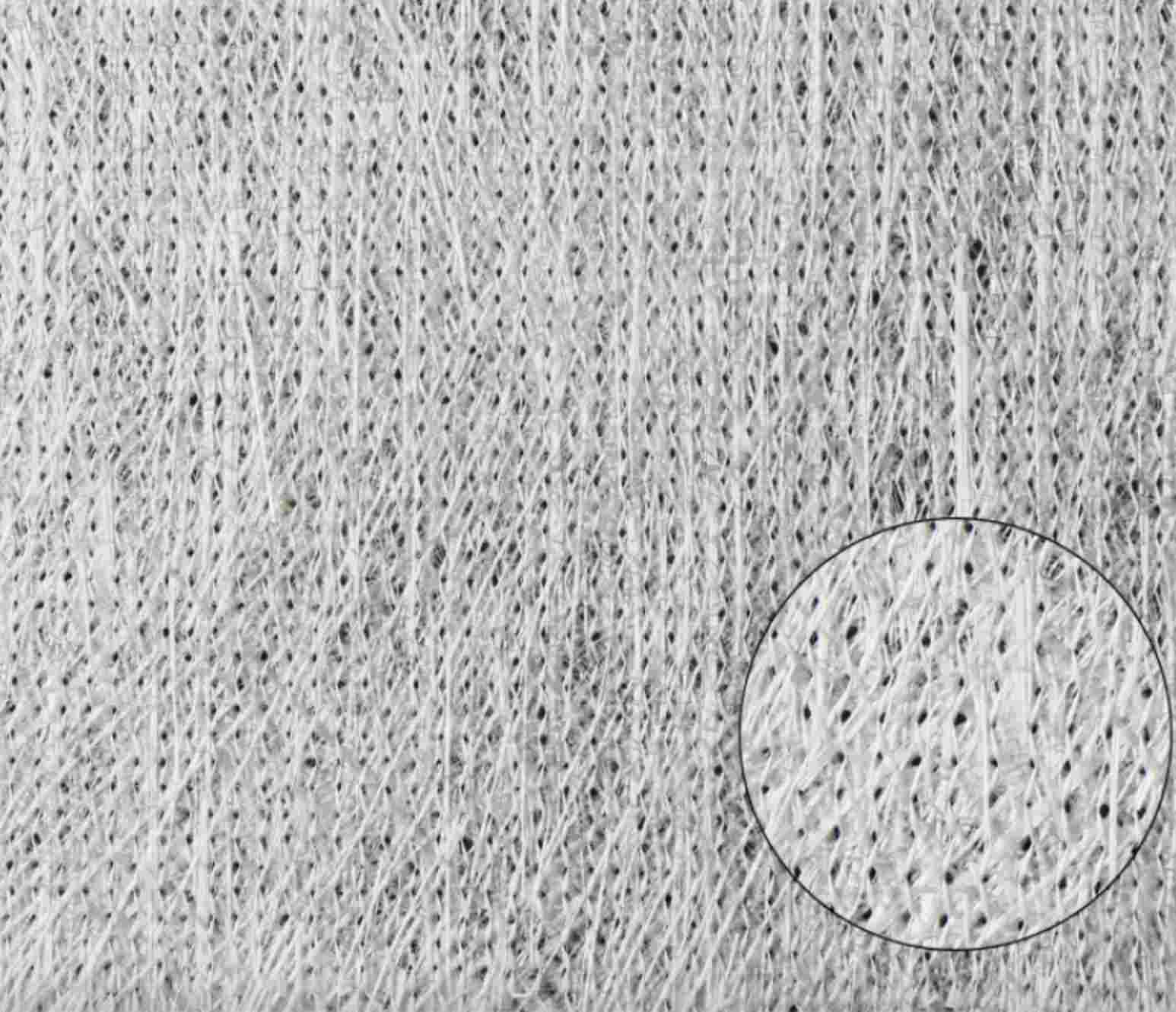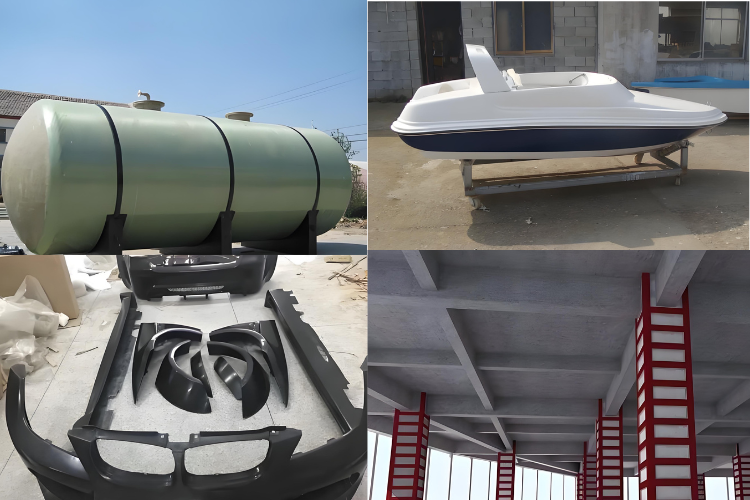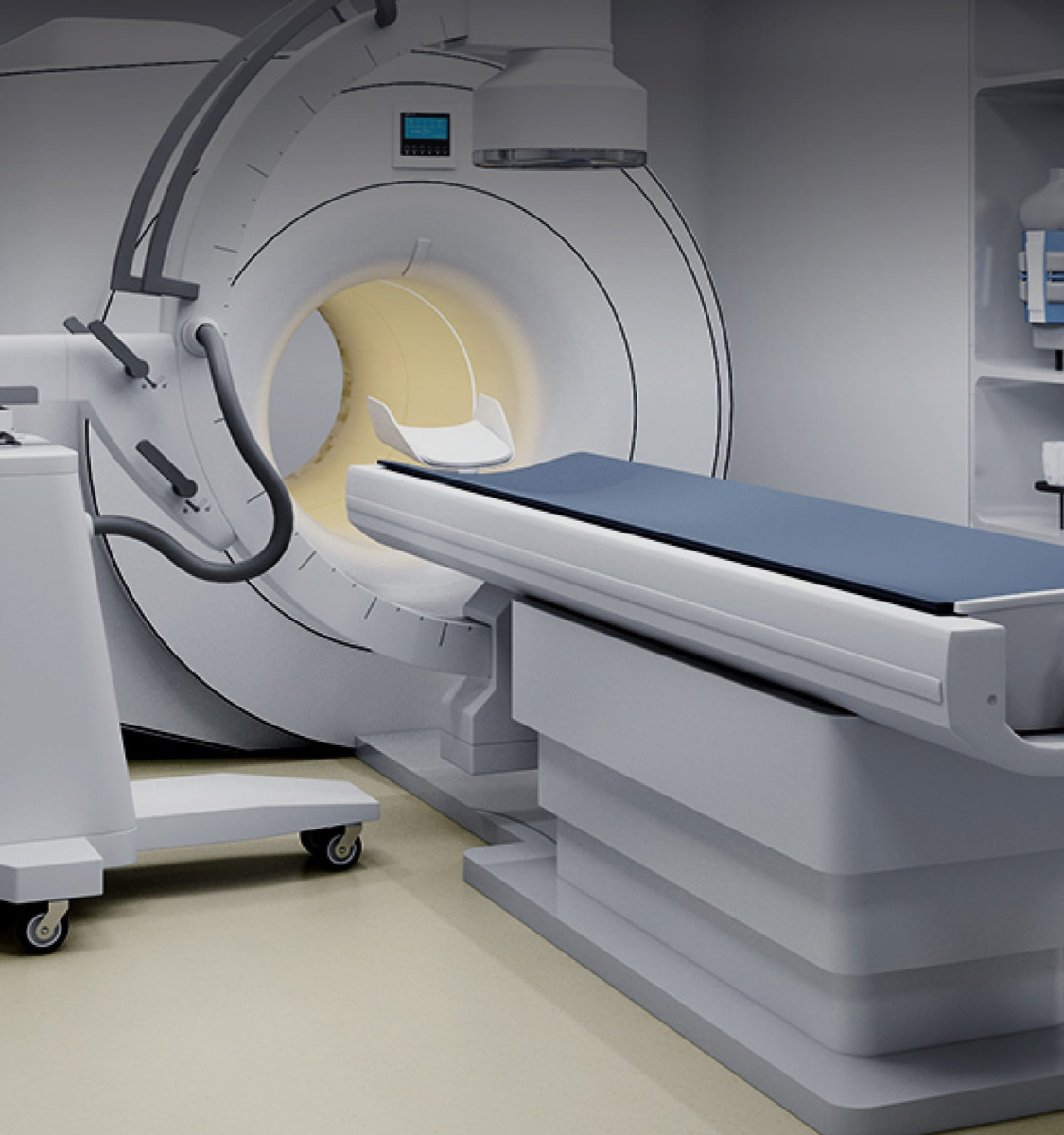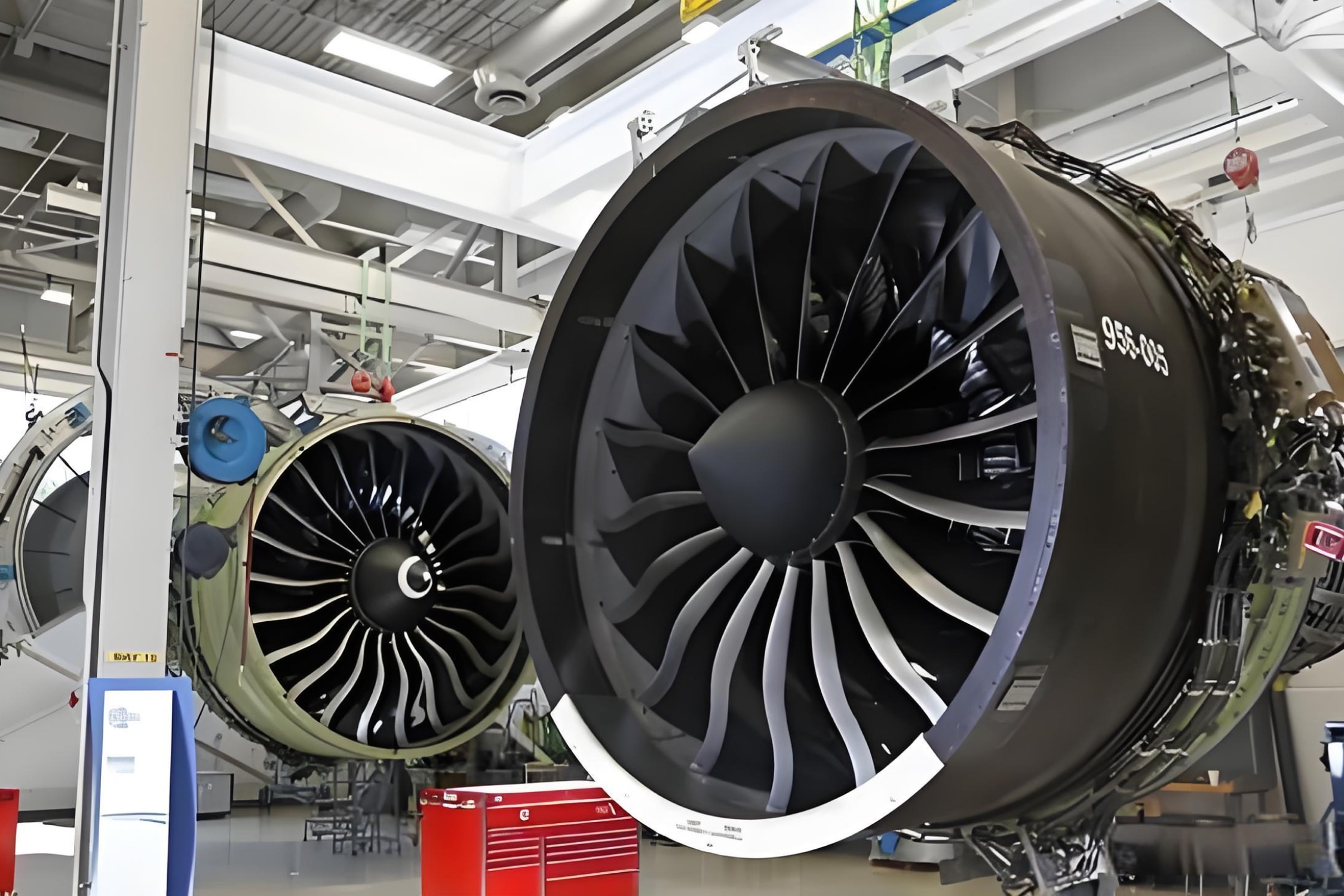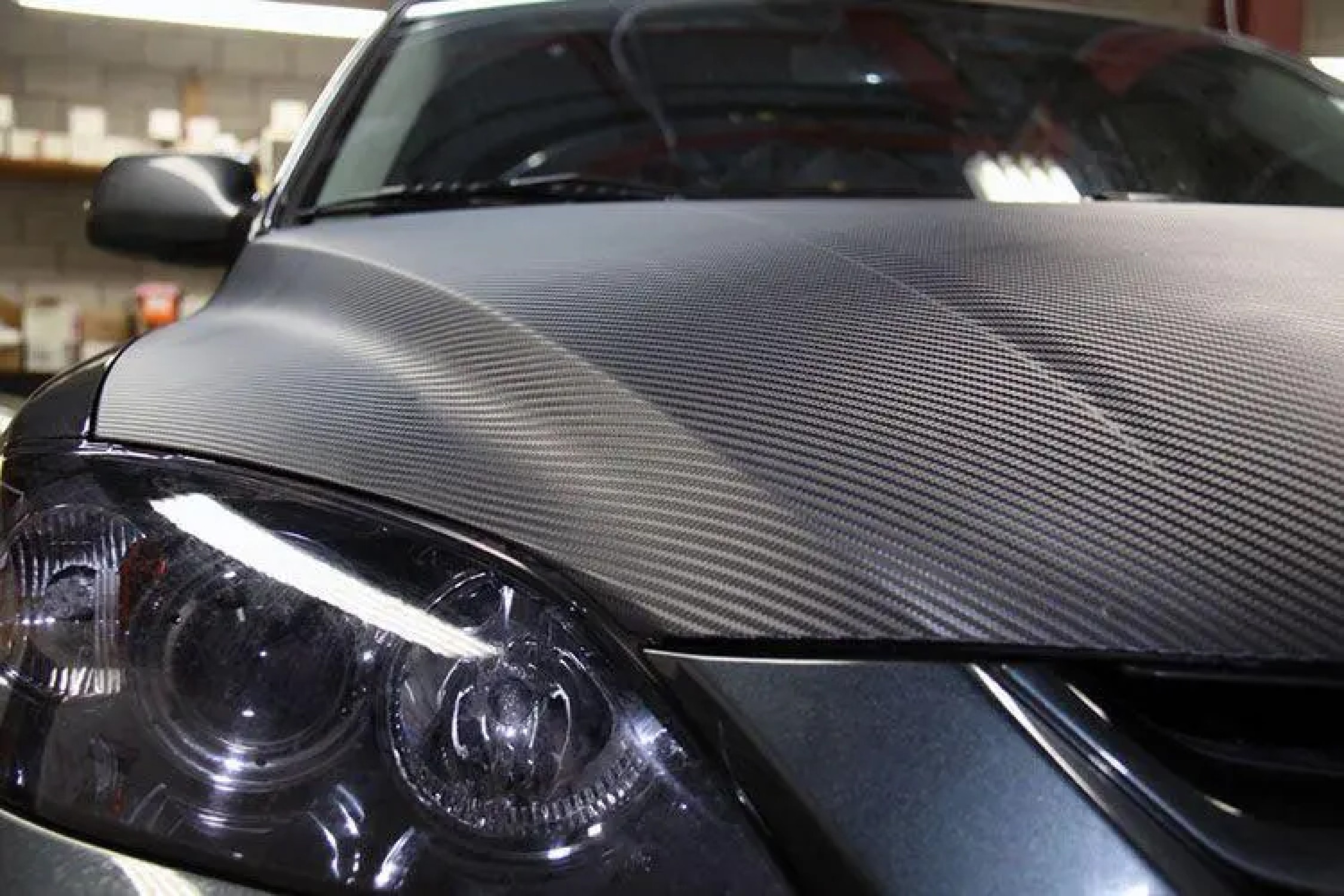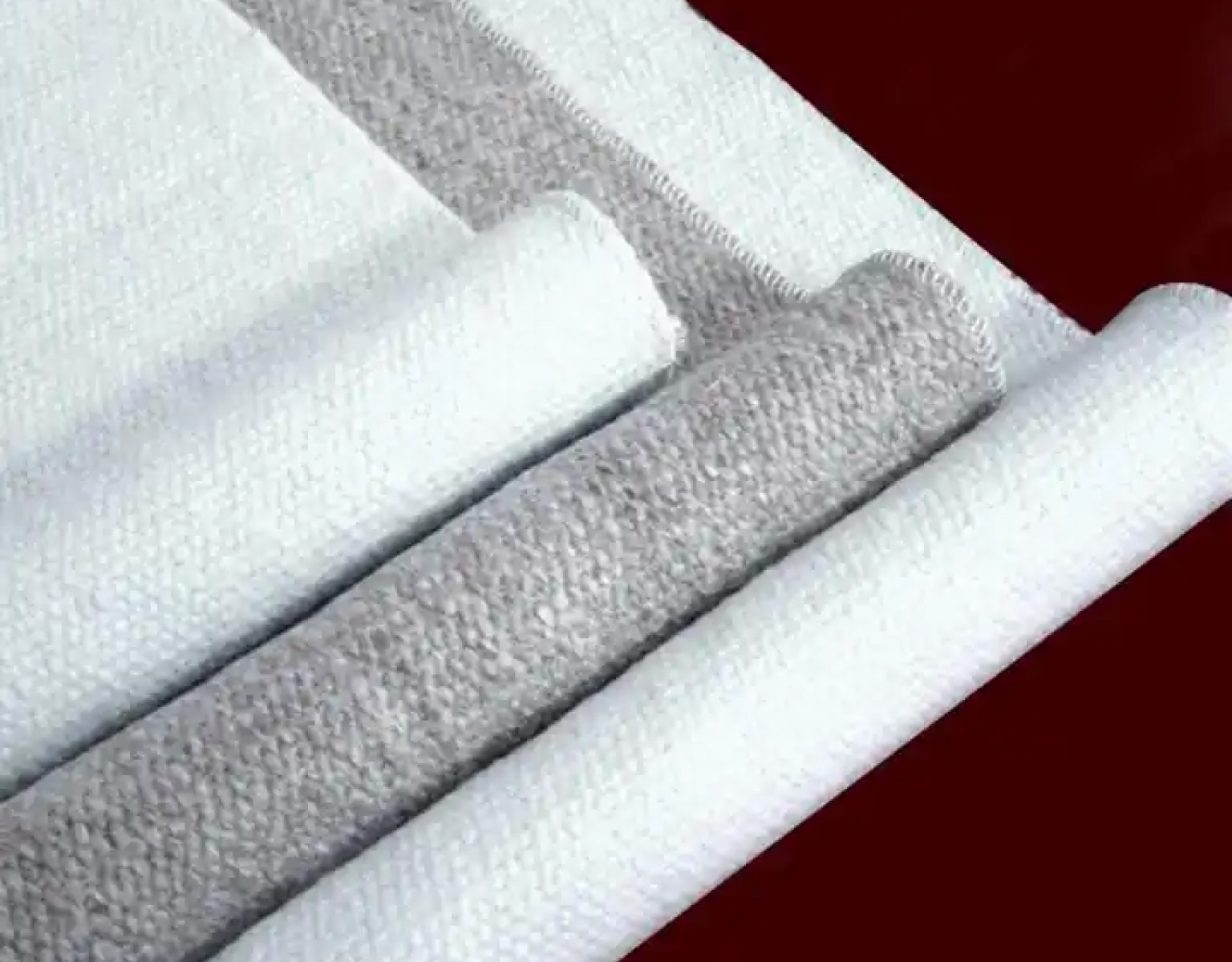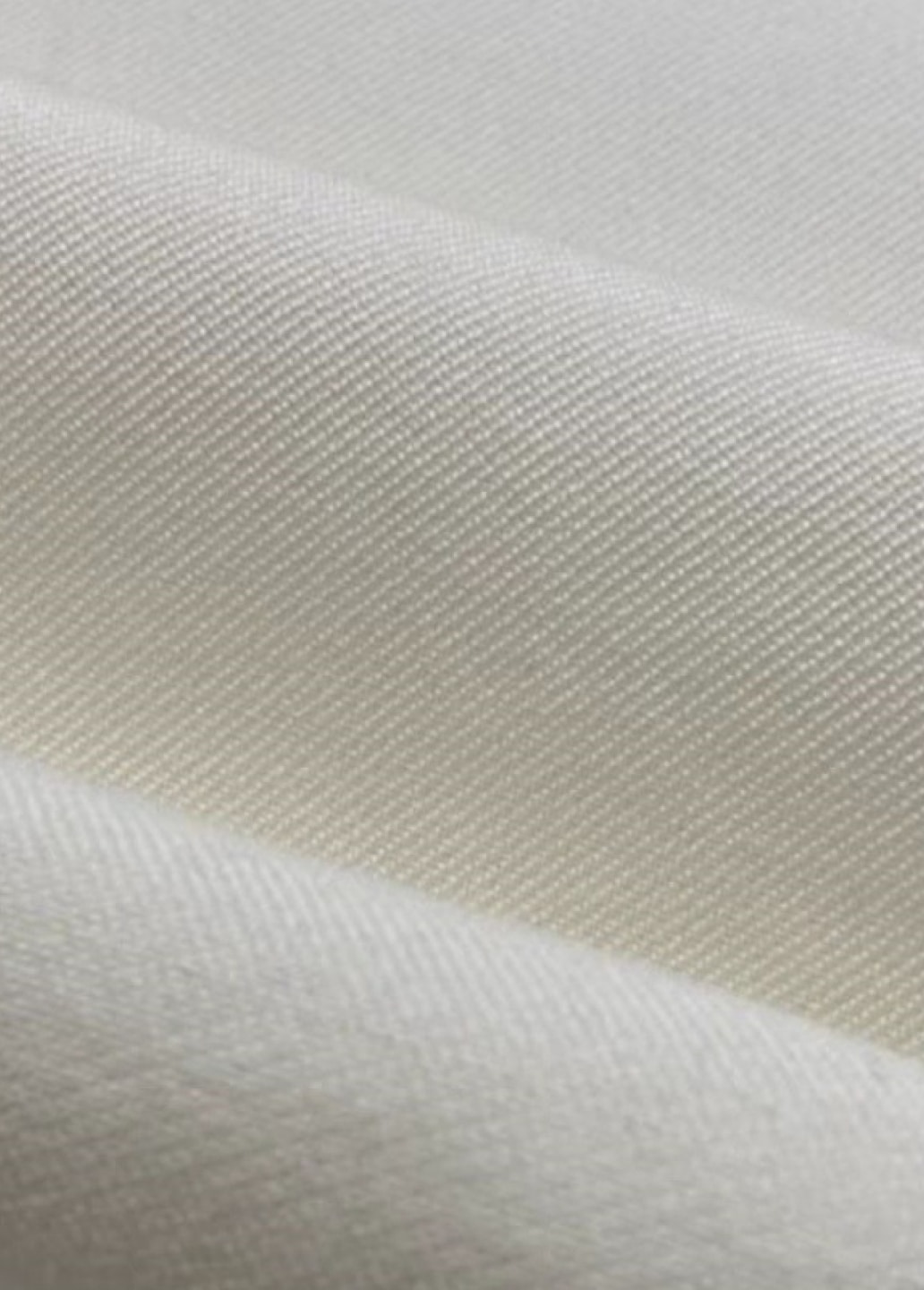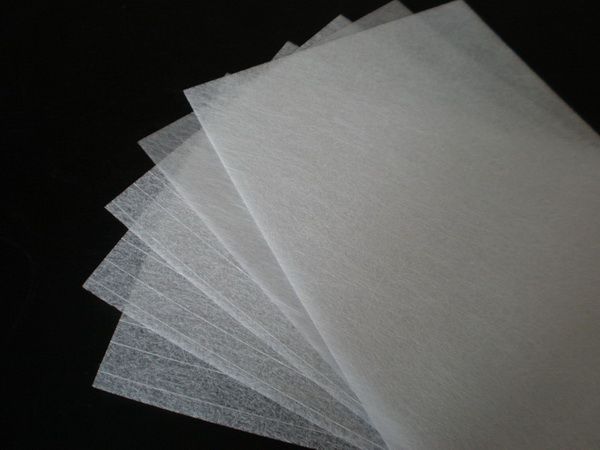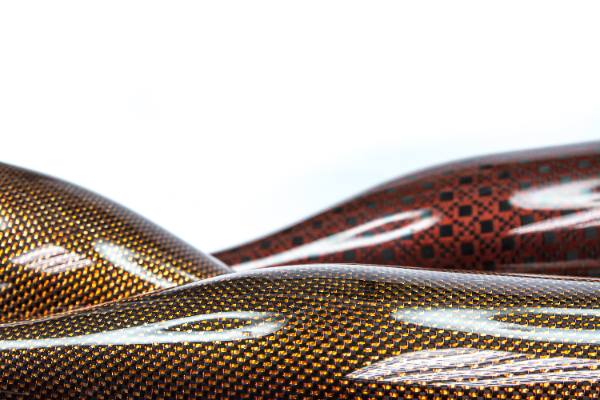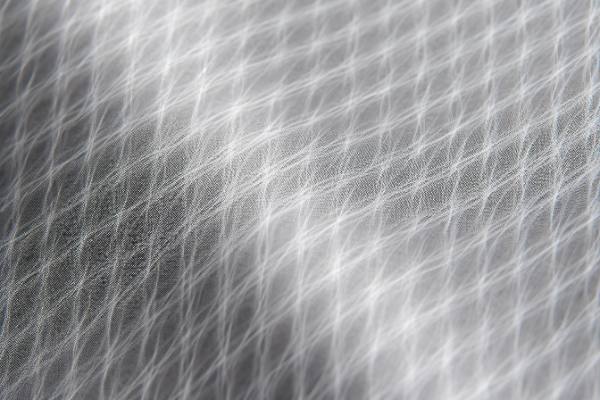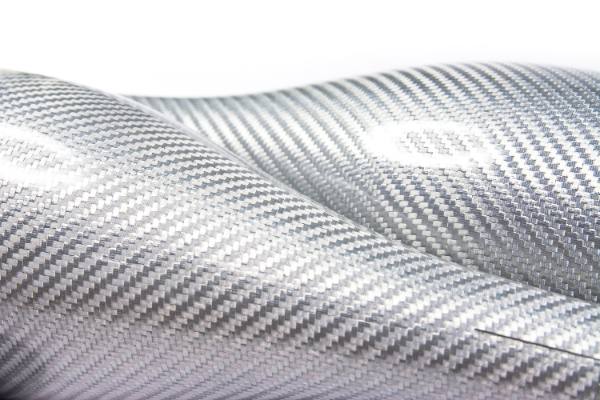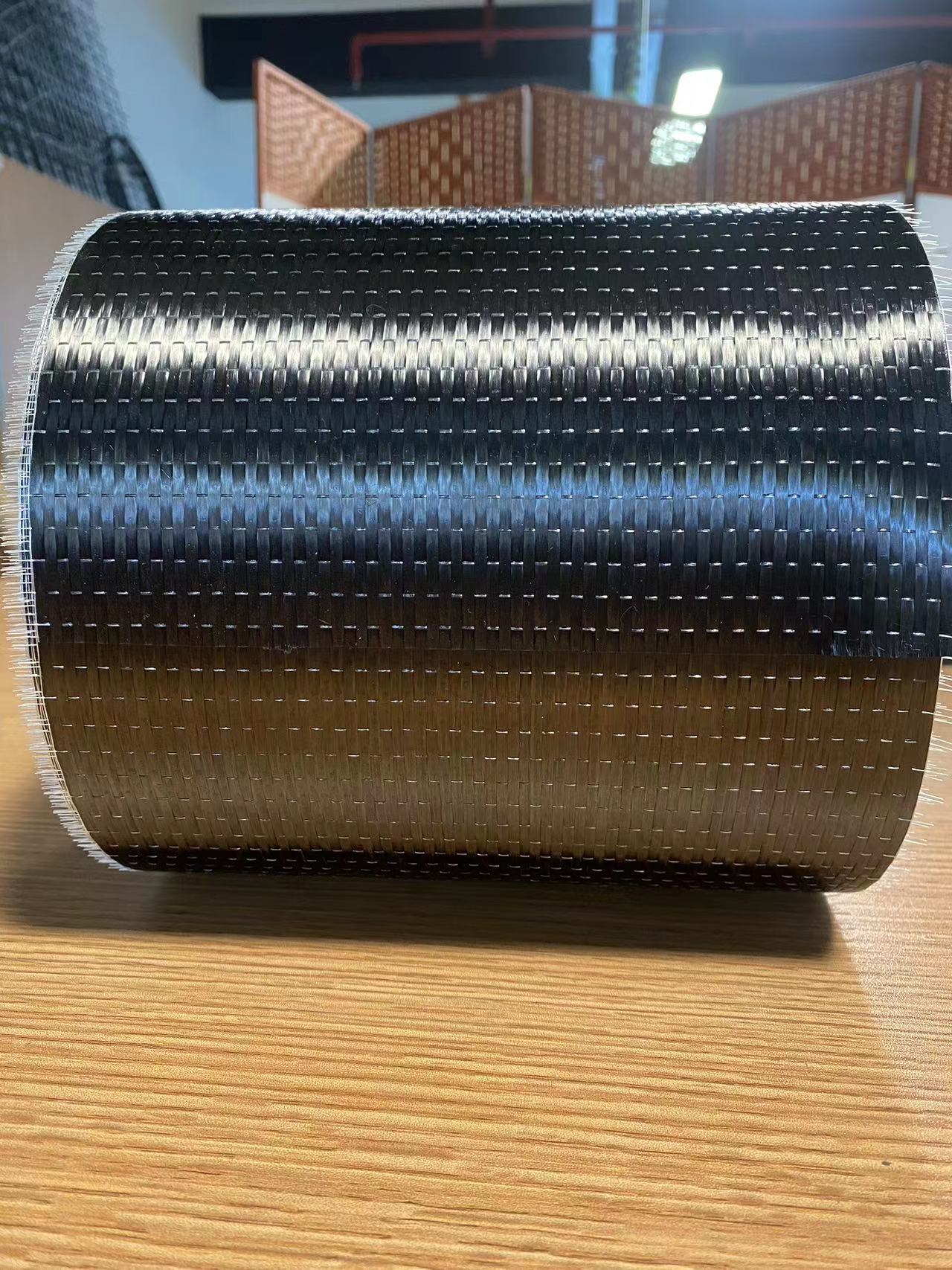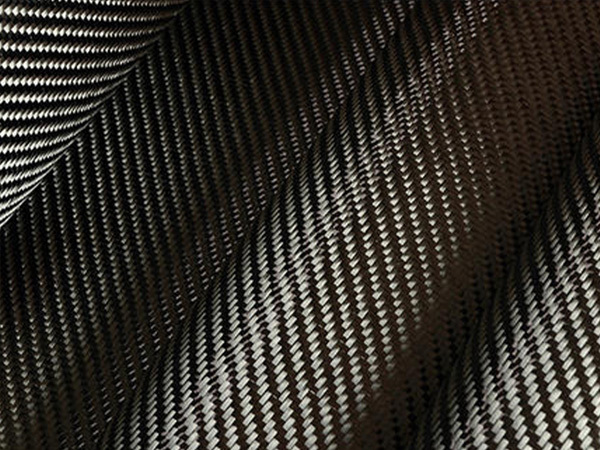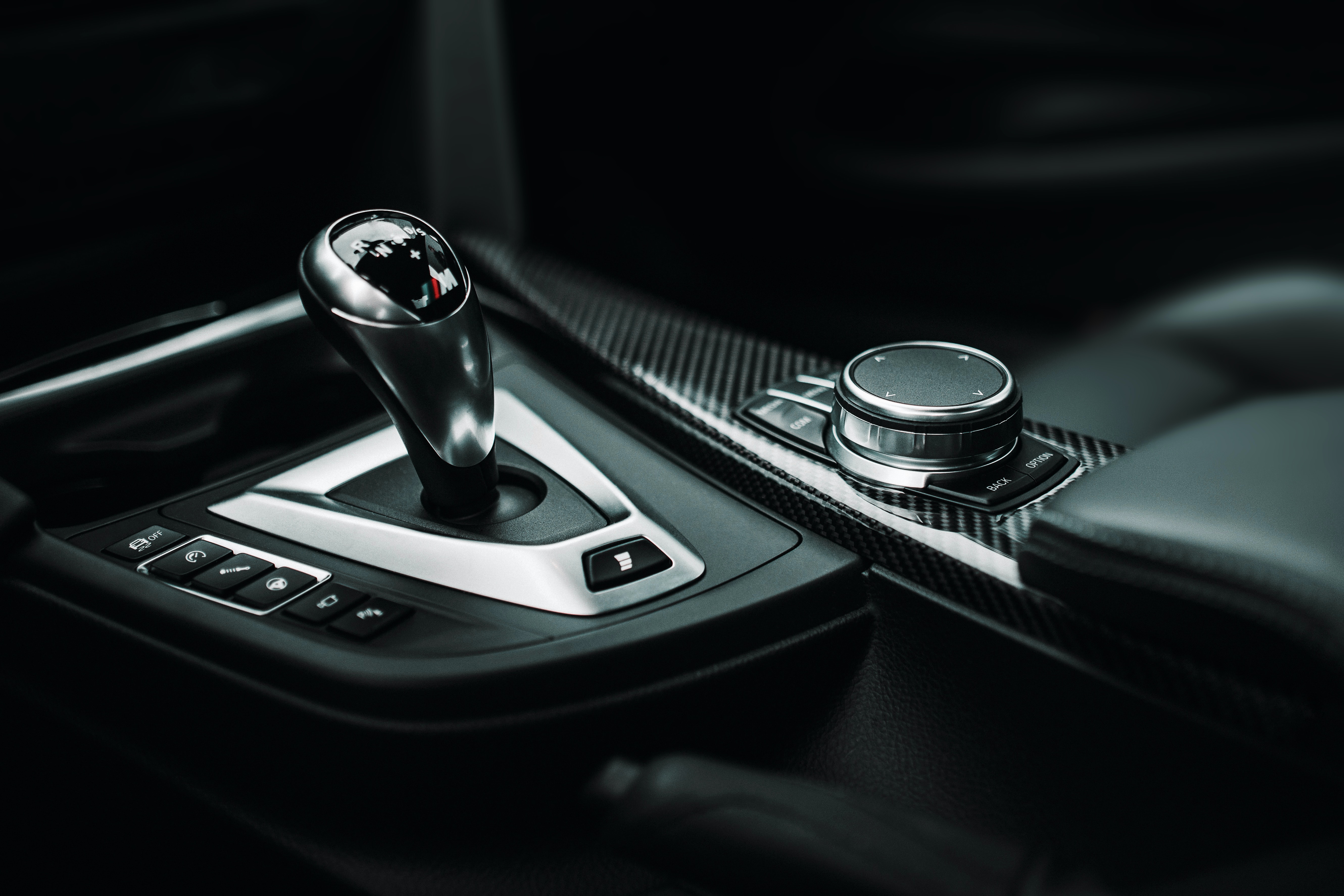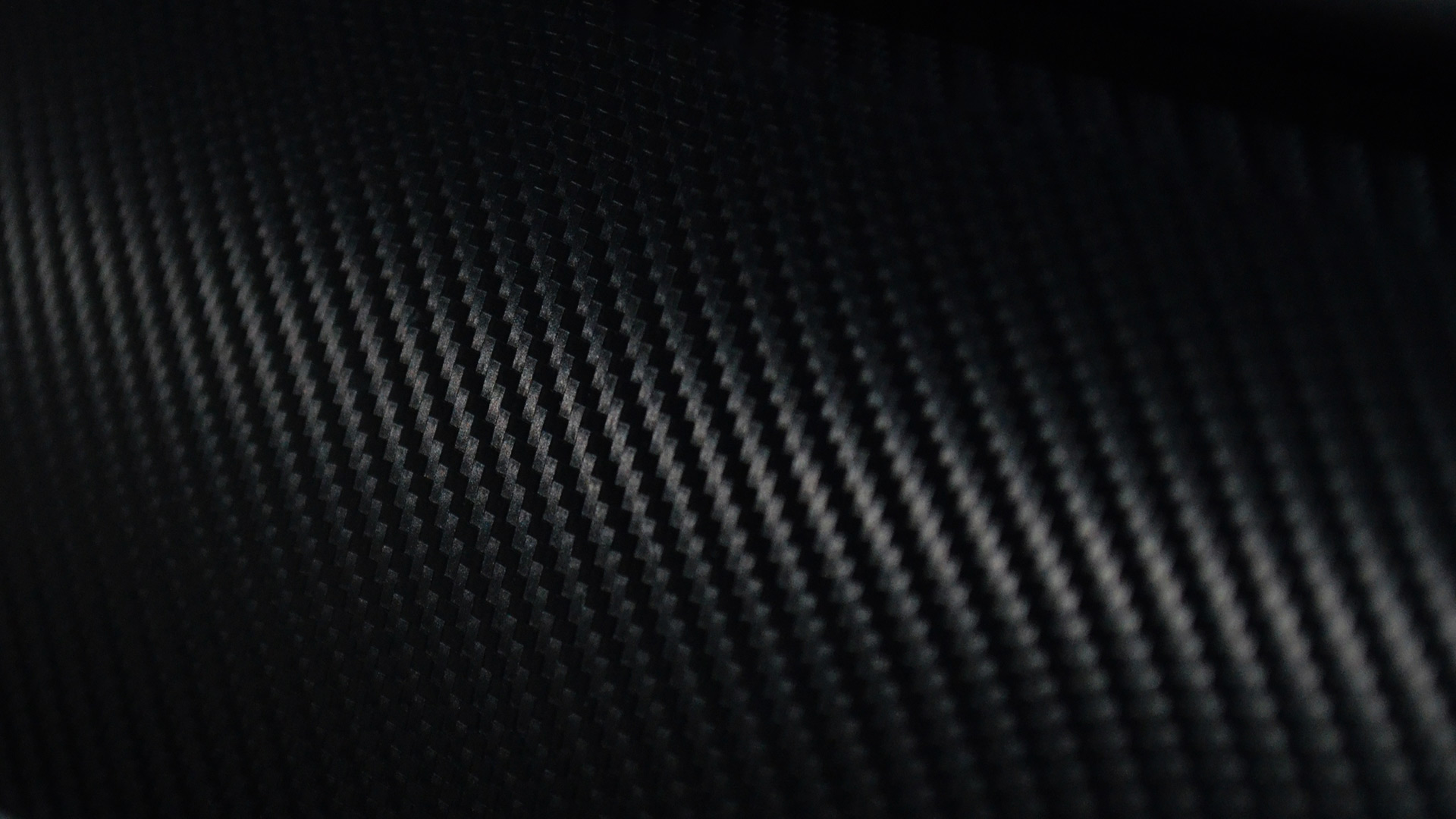+86-13732282311
merlin@xcellentcomposites.com
Let the world benefit from composite materials!
Composite materials for manufacturing

Composite materials for manufacturing
CFRP manufacturing (Carbon Fiber Reinforced Polymer) involves advanced techniques like lay-up, filament winding, and resin infusion to create lightweight, high-strength components. Thermoset composite manufacturing uses heat-cured resins, such as epoxy or polyester, to produce durable, heat-resistant materials for aerospace, automotive, and industrial applications.
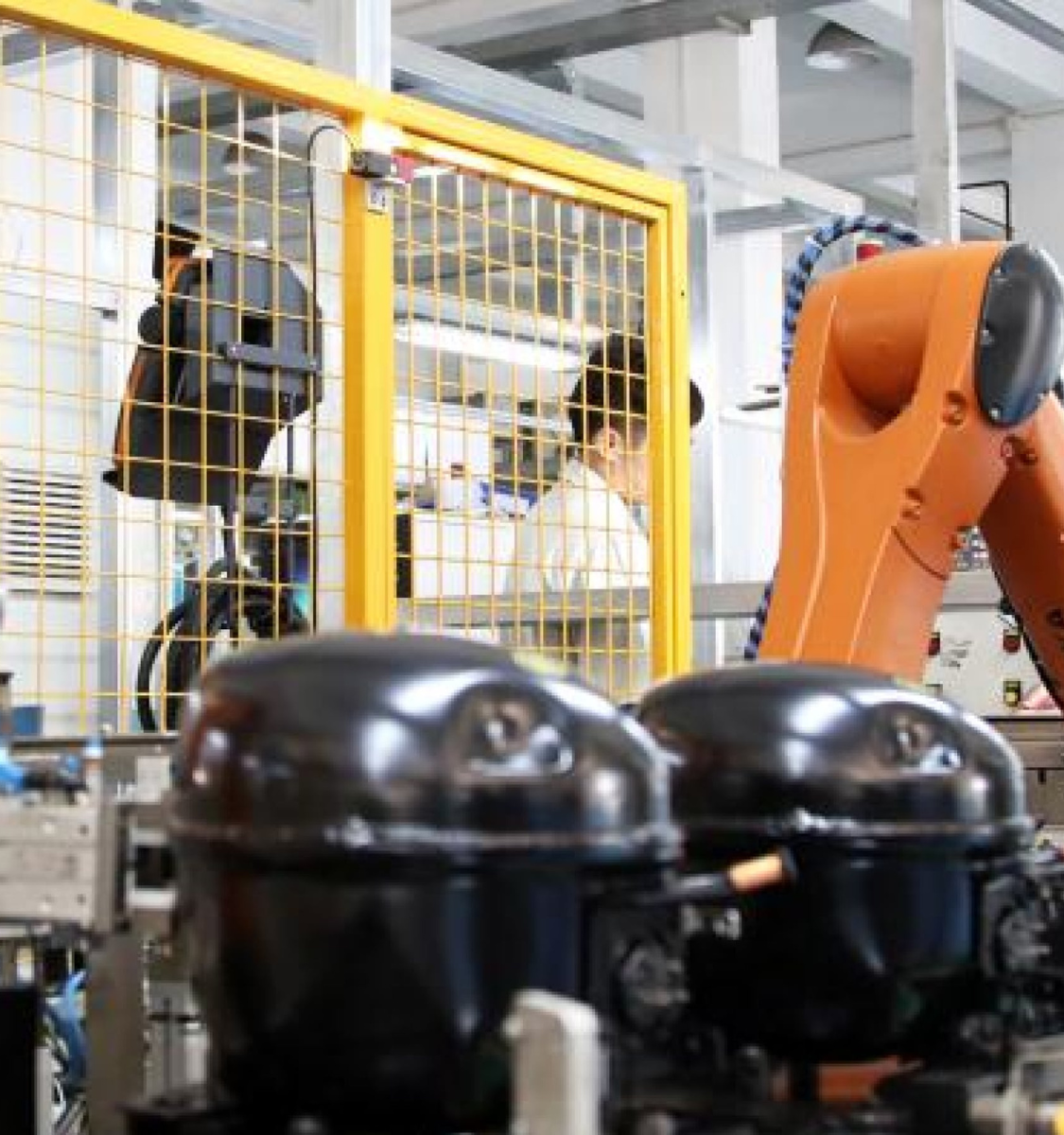
Composite materials for manufacturing
CFRP manufacturing (Carbon Fiber Reinforced Polymer) involves advanced techniques like lay-up, filament winding, and resin infusion to create lightweight, high-strength components. Thermoset composite manufacturing uses heat-cured resins, such as epoxy or polyester, to produce durable, heat-resistant materials for aerospace, automotive, and industrial applications.
Manufacturing Industry
Manufacturing Industry
Composite materials have broad prospects in mechanical manufacturing, being widely utilized in the manufacturing sector for their lightweight, high strength, corrosion resistance, wear resistance, and insulation properties.
Composite materials have broad prospects in mechanical manufacturing, being widely utilized in the manufacturing sector for their lightweight, high strength, corrosion resistance, wear resistance, and insulation properties.
The use of composite materials in the manufacturing of mechanical equipment is becoming increasingly widespread. For instance, bearings manufactured with composite materials exhibit wear resistance, corrosion resistance, and excellent self-lubricating properties, ensuring stable operation in harsh working environments. Gears made from composite materials can reduce noise and vibration while enhancing transmission efficiency. Additionally, the application of composite materials in the manufacturing of mechanical components can reduce the number and mass of parts, simplify assembly processes, and lower production costs.
Composite materials play a crucial role in the manufacturing of jigs and fixtures. Jigs and fixtures are tools used on production lines for positioning, securing, and processing components. Jigs and fixtures made from composite materials are lightweight and high in strength, significantly boosting production efficiency.
The use of composite materials in the manufacturing of mechanical equipment is becoming increasingly widespread. For instance, bearings manufactured with composite materials exhibit wear resistance, corrosion resistance, and excellent self-lubricating properties, ensuring stable operation in harsh working environments. Gears made from composite materials can reduce noise and vibration while enhancing transmission efficiency. Additionally, the application of composite materials in the manufacturing of mechanical components can reduce the number and mass of parts, simplify assembly processes, and lower production costs.
Composite materials play a crucial role in the manufacturing of jigs and fixtures. Jigs and fixtures are tools used on production lines for positioning, securing, and processing components. Jigs and fixtures made from composite materials are lightweight and high in strength, significantly boosting production efficiency.
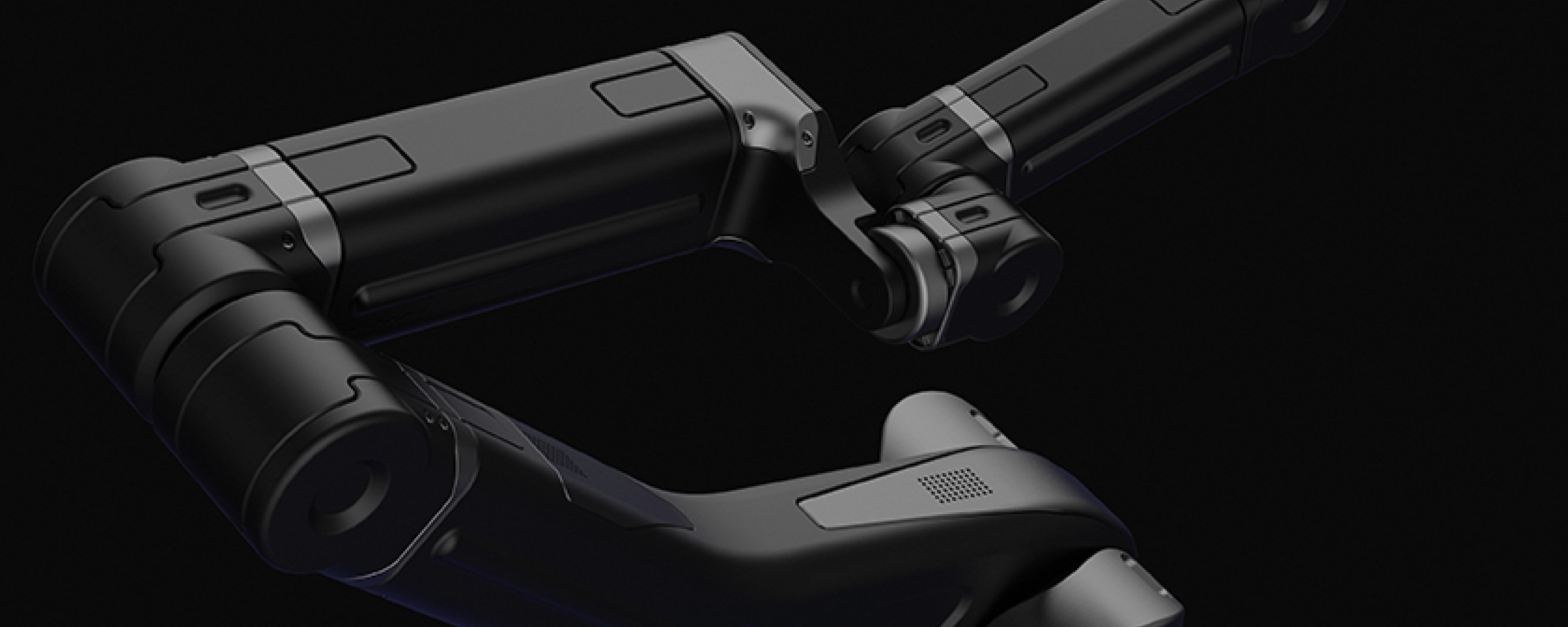

The application of composite materials in the manufacturing of stamping dies is essential. Dies are indispensable tools in the mechanical manufacturing process, and composite material dies offer strong wear resistance, corrosion resistance, and extended service life, thus enhancing production efficiency. With the continuous development of industrial technology, the demands for stamping dies in the mechanical manufacturing industry are increasing. While steel has limitations in meeting complex shapes, high strength, and high precision requirements, composite materials with their unique structure and excellent performance can adapt to various demands of stamping die manufacturing. Firstly, the high specific strength of composite materials surpasses that of many metallic materials, with superior tensile and bending strength. In the manufacturing of stamping dies, this means that using composite materials can reduce the size and mass of the dies, enhancing their rigidity and stability, thereby improving the quality and precision of stamped parts. Secondly, composite materials boast excellent wear resistance, especially suitable for manufacturing high-precision or super-hardness stamping dies for mass production components or electronic product enclosures. Compared to traditional steel, composite materials exhibit superior wear resistance, effectively prolonging the lifespan of dies and reducing production costs. Lastly, composite materials demonstrate excellent corrosion resistance and thermal stability, maintaining optimal performance in harsh working environments. Composite materials can be used within a wide temperature range, with their operating temperatures exceeding those of the composite matrix. This is particularly crucial for stamping dies requiring prolonged operation, ensuring stability and reliability of the dies while reducing maintenance and replacement costs.
The application of composite materials in the manufacturing of stamping dies is essential. Dies are indispensable tools in the mechanical manufacturing process, and composite material dies offer strong wear resistance, corrosion resistance, and extended service life, thus enhancing production efficiency. With the continuous development of industrial technology, the demands for stamping dies in the mechanical manufacturing industry are increasing. While steel has limitations in meeting complex shapes, high strength, and high precision requirements, composite materials with their unique structure and excellent performance can adapt to various demands of stamping die manufacturing. Firstly, the high specific strength of composite materials surpasses that of many metallic materials, with superior tensile and bending strength. In the manufacturing of stamping dies, this means that using composite materials can reduce the size and mass of the dies, enhancing their rigidity and stability, thereby improving the quality and precision of stamped parts. Secondly, composite materials boast excellent wear resistance, especially suitable for manufacturing high-precision or super-hardness stamping dies for mass production components or electronic product enclosures. Compared to traditional steel, composite materials exhibit superior wear resistance, effectively prolonging the lifespan of dies and reducing production costs. Lastly, composite materials demonstrate excellent corrosion resistance and thermal stability, maintaining optimal performance in harsh working environments. Composite materials can be used within a wide temperature range, with their operating temperatures exceeding those of the composite matrix. This is particularly crucial for stamping dies requiring prolonged operation, ensuring stability and reliability of the dies while reducing maintenance and replacement costs.

Get In Touch With Us!
To know more about our composite products and solutions, contact our experts! Here is how you can reach us.

Get In Touch With Us!
To know more about our composite products and solutions, contact our experts! Here is how you can reach us.
Popular Composite Materials
Popular Composite Materials
Related Composite Materials Industries
Related Composite Materials Industries
Composites Knowledge Hub
Composites Knowledge Hub

